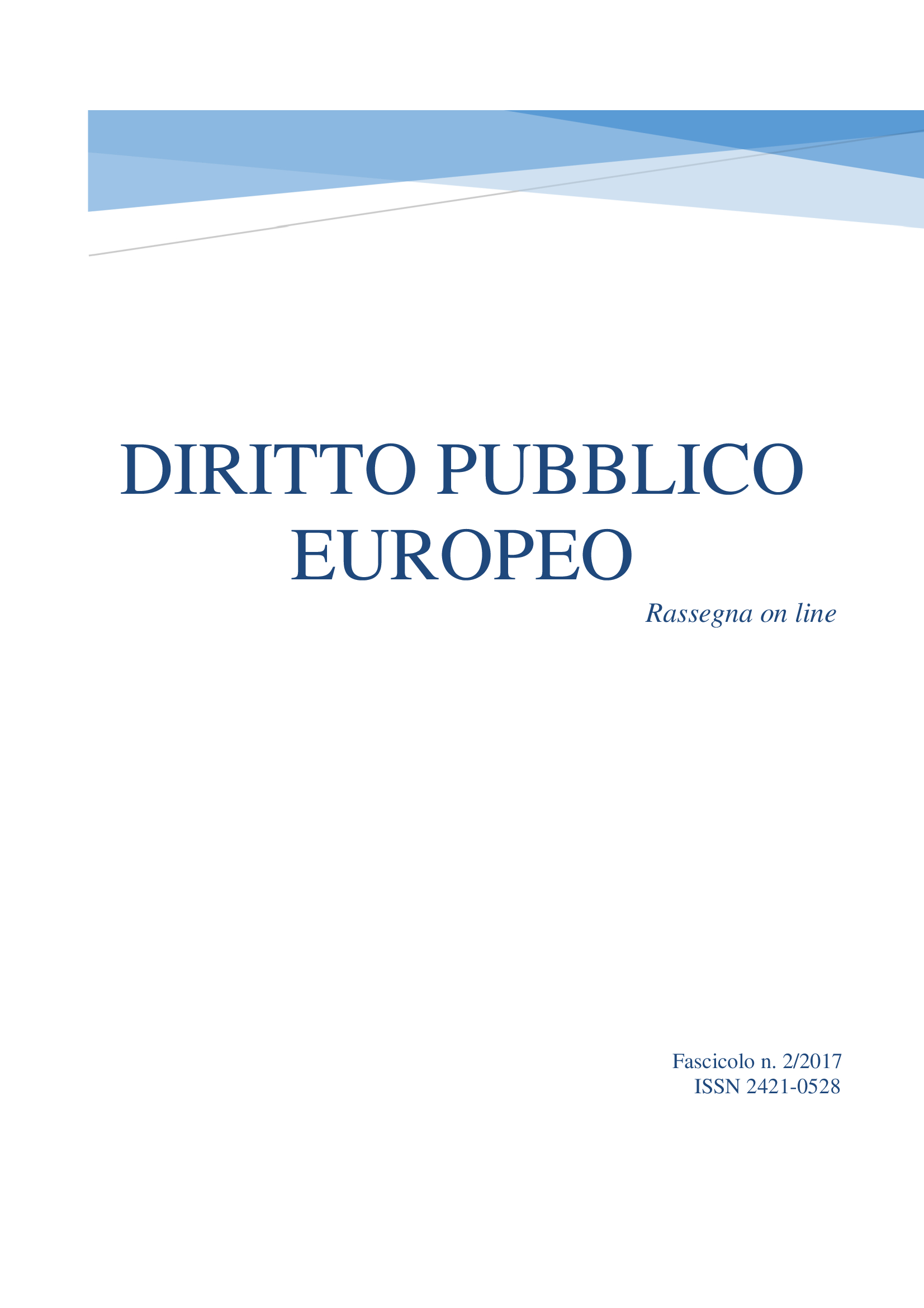Ergastolo ostativo e funzione "variabile" della pena: una prospettiva costituzionale ed europea
DOI:
https://doi.org/10.6092/2421-0528/6429Keywords:
ergastolo ostativo, costituzione, funzione rieducativa della pena, convenzione europea dei diritti dell'uomo, ruolo della giurisprudenzaAbstract
Article 4-bis of the Penitentiary Law states that the person convicted of particularly serious crimes, unless he/she cooperates with justice, does not have access to the benefits generally granted to prisoners. This results in a potential life sentence (so called “ergastolo ostativo”), whose constitutional legitimacy, in terms of the principle of re-education (Article 27, par. 3, of the Constitution), would seem doubtful. Nevertheless, from a multipurpose perspective of punishment, the re-educative aim is not absolute, but competes with other functions which are equally relevant and equally worthy of protection.


